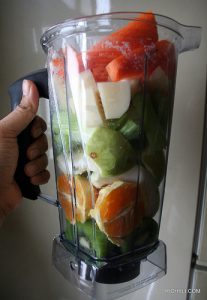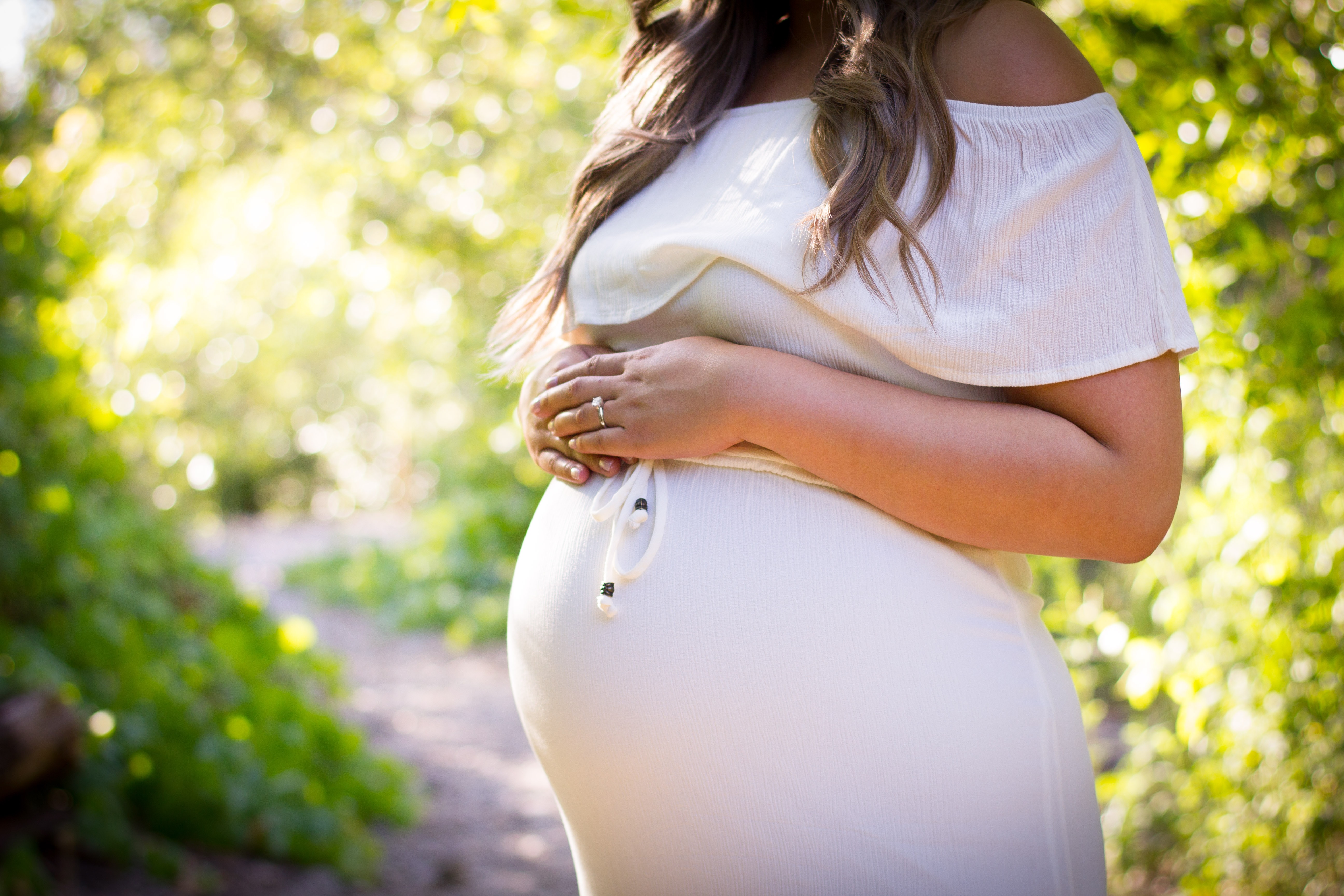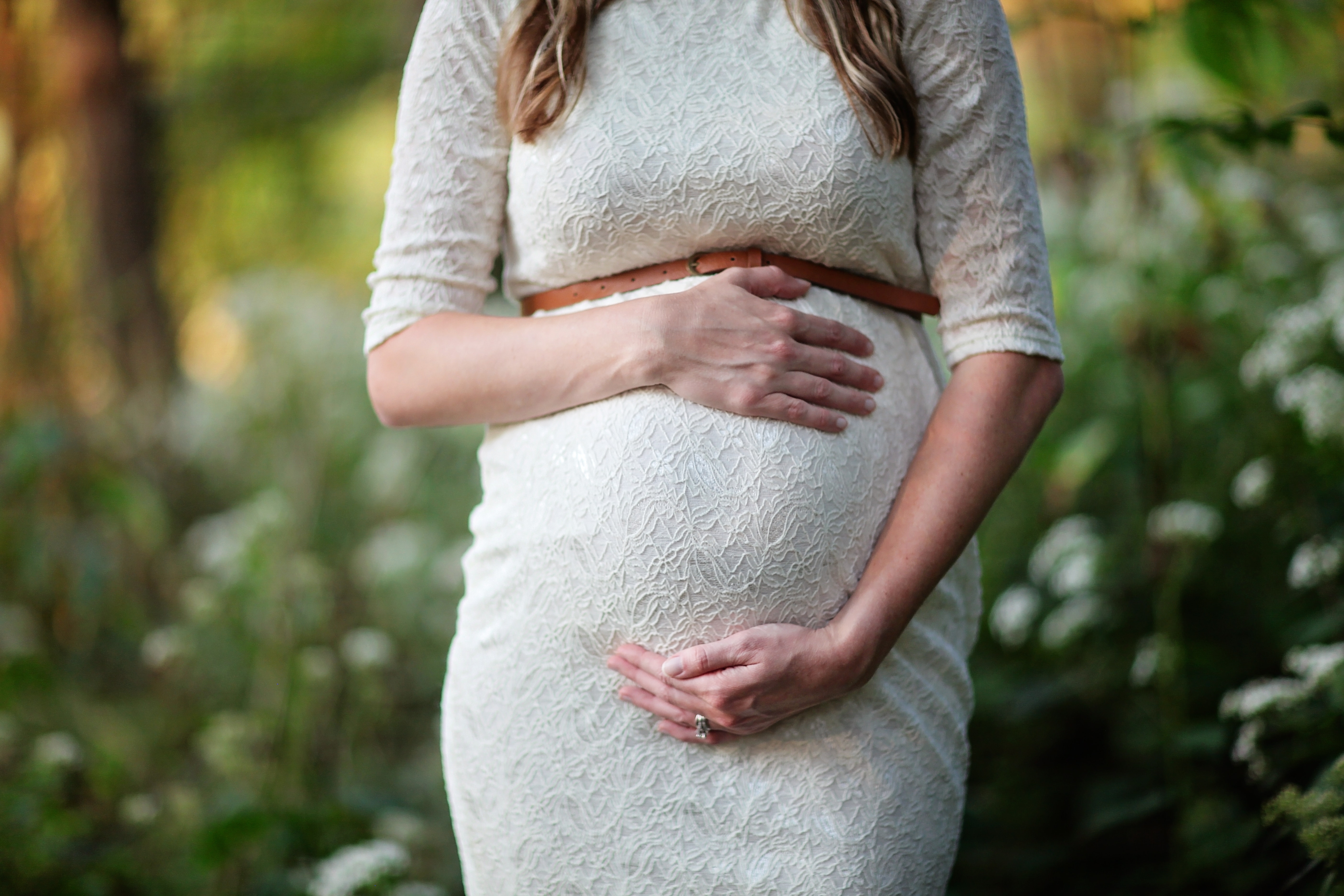
by Priyanka Arora
As the pregnancy due date calculator begins to tick, it becomes more important for pregnant women to maintain a healthy diet for herself and the baby. This is the time when a woman has to eat a balanced diet not only her herself but for the growing baby.
Vitamins and minerals form an important component of this balanced diet.
In this article, we will highlight all the essential vitamins needed by women during pregnancy.
1. Vitamin A
Best Sources: Pumpkin, broccoli, potato, cantaloupe, guava, tomatoes, kale, green vegetables, yellow fruits and vegetables, carrots, milk, spinach, liver, mango, papaya, squash and apricots.
A deficiency of Vitamin A leads to birth defects and the nutrient is especially good for skin and eyes. It is also an antioxidant and prevents blindness in old age. As Vitamin A includes retinol and carotenoids, it prevents cellular damage and boosts immunity. The liver stores this vitamin so a good dose in a day will give benefits in the next few days.
2. Vitamin B
Best Sources: Fortified cereals, pasta, whole grain, legumes, nuts, berries, wheat germ, fish, eggs, dairy products, peanuts, high protein foods, walnuts, sunflower seeds, beans, broccoli, bran, oats, brown rice, spinach, soybeans, chicken, cantaloupe, cabbage, peas, carrots, bananas, Brussels sprouts, avocado, watermelon corn and brown rice.
Vitamin B has 12 components, known as Vitamin B-Complex (Vitamin B1 – Vitamin B12). The work of vitamin B complex is to assist in the growth of cells and overall development of the fetus.
Women should consume this vitamin under supervision because it can cause imbalance if not taken in proper amount. The lack of Vitamin B and its components can lead to problems like depression and weakness, lack of hunger, constipation and make the person anemic.
3. Vitamin C
Best Sources: Bell peppers, potatoes, tomatoes, broccoli, strawberries, green beans, papaya, citrus fruits, grapefruits, cauliflower, cabbage, lime, lemons, orange and Brussels sprouts.
This is an antioxidant that helps to build a better immune system and protects the body from damages, especially damage to cells and tissues. The vitamin helps in wound healing by producing collagen.
A good intake of Vitamin C by pregnant women will help the body to build red blood cells which will transport oxygen to brain and other cells. It is also a stress reliever.
4. Vitamin D
Best Sources: Fatty fish, milk, vitamin fortified products, cashew nuts, egg yolks, mushroom and fish liver oil. Sunlight is the best source of Vitamin D.
The role of Vitamin D is to aid the body in utilizing reserves of phosphorus and calcium. It also helps to develop very strong bones and teeth. The lack of Vitamin D in the body can lead to osteoporosis in old age. It is essential for pregnant women to consume Vitamin D so that the newborn has strong bones, good muscle tone, strong teeth and hormonal production. The lack of Vitamin D will cause very poor child development and may cause rickets later on.
5. Vitamin E
Best Sources: Spinach, nuts, fortified cereals, vegetable oil, wheat germ, corn oil, margarine, cod liver oil, safflower oil and other unrefined foods.
Like Vitamin C, Vitamin E is also an antioxidant which helps the human body to create and use red blood cells. The vitamin also regulates cellular membranes and scientific studies believe that it also helps to slow down the aging process. Pregnant women and lactating mothers should intake a healthy dose of Vitamin E regularly or as is prescribed by the doctor.
6. Vitamin K
Best Sources: Tomatoes and dark green leafy vegetables
The deficiency of Vitamin K in pregnant women can cause hemorrhaging and miscarriage. A proper amount of Vitamin K is recommended to ensure proper blood clotting. Moreover, if pregnant women want this vitamin to be effective, they should stay away from radiation, mineral oil, aspirin and antibiotics as these disrupt the purpose of Vitamin K.
Apart from these vitamins, pregnant women should also have folic acid, proteins, calcium, zinc and iron.
Natural Food Intake or Supplements?
As you have seen above, all of the essential nutrients can be consumed through its natural form. However, if the gynecologist recommends, there is nothing wrong with consuming vitamin supplements.
Please remember to consume supplements only under medical supervision and monitoring. The nutrients in natural fruits and vegetables can be had as frequently as possible.
Maintaining a proper balanced diet will help the baby to grow and develop in every aspect. Keep on changing menu and diet intake to incorporate variety. Apart from balanced dietary intake, pregnant women should undergo regular health and fitness checkups.
(Priyanka is an author and a part time guest blogger. She has a passion for writing and researching on health and parenting topics. She currently blogs for sitagita.com – a global information portal for women that includes wide range of topics on for women health, pregnancy tips, weight loss, and lifestyle.)





Be the first to comment